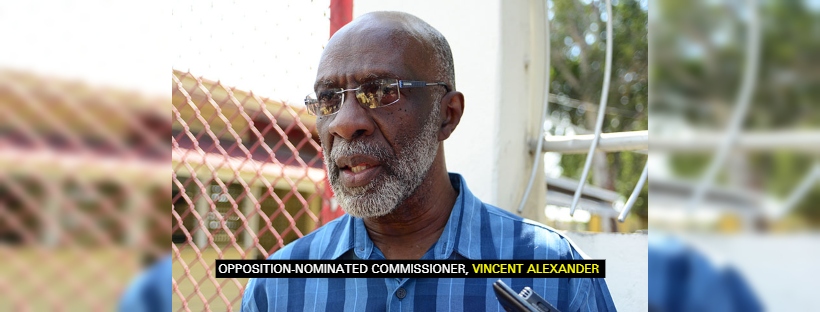Petty crimes such as pick pocketing, purse snatching, assault and the possession of small amounts of marijuana continue to land persons in jail. Generally, when these individuals are arrested, they are taken to the police station to be charged and from there to a district Magistrate’s Court where the matter is disposed of. Not only do prison sentences and imprisonment place a heavy financial burden on the State, but they also do not seem to meet promises such as being an effective deterrent to crime or reducing recidivism.
A recent report by the United Nations Development Programme (UNDP) entitled Caribbean justice: a needs assessment of the judicial system in nine countries in the Caribbean flags Guyana for its over reliance on custodial sentencing particularly for persons charged with non-violent and petty offences as well as on pre-trial detention has been suggested as contributing to the high number of the prison population. The Report recommended that Guyana decriminalize.
Decriminalisation of certain offences such as possession of small amounts of narcotics has also been raised for consideration.
When it comes to pretrial detention, alternative sentencing and diversionary programmes, the report said stakeholders expressed the view that alternatives to incarceration and rehabilitation are not popular with the Guyanese public.
It further said that the Guyanese culture is big on punitive justice and the society has been seen as a litigious one. According to the report, at the end of 2019 there were 1015 males and 45 females on remand, in 2018 – 2273 males and 98 females, in 2017 – 2263 males and 103 females on remand according to figures from the Guyana Prisons.
An earlier IDB support for the Criminal Justice System Project document notes that custodial sentences for persons charged with non-violent and petty offences increase the prison population. The overuse of pre-trial detention is attributable to among other factors, the lack of legal counsel, the lack of training and resources for prosecutors and case overload at Magistrates’ Courts.
Probation services are overwhelmed which makes obtaining timely probation reports before sentencing challenging. Alternative sentencing can be used especially for young and first-time offenders and women who are caregivers. However, this would require sufficient social workers and probation officers to supervise as noted in the IDB document. It is also recommended that alternative methods such as non-custodial sentencing, delayed imprisonment and monitoring, probation, and community service be considered as well as diversionary measures at the police and Magistrates’ Court level.
Restorative justice could be promoted as well. Decriminalisation of certain offences such as possession of small amounts of narcotics has also been raised for consideration. It should be noted that in February 2020, the Ministry of Public Security signed a MoU with 12 NGOS for diversionary measures for children in contact with the law. The program will include re-education, reintegration, and rehabilitation of affected youths into society.











